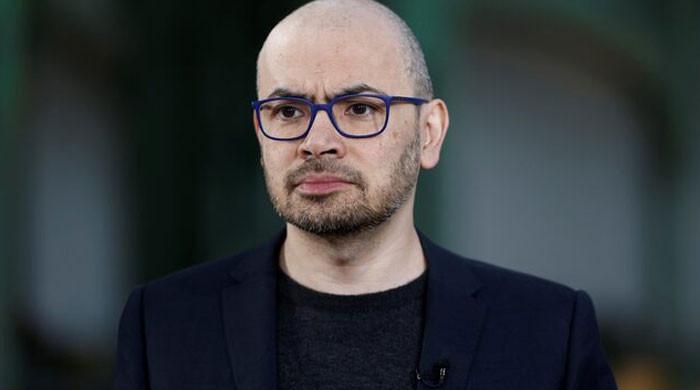London: pioneer of artificial intelligence and leader of Deemis Hassabis de Google, Demis Hassabis, said on Monday that the greater international cooperation around AI regulation was necessary but “difficult” to achieve “in the geopolitical context of today”.
At a time when AI is integrated into all industries, its uses have raised major ethical questions – from the spread of disinformation in its impact on employment or the loss of technological control.
During the South by Southwest (SXSW) festival in London on Monday, Hassabis – which won a Nobel Chemistry Prize for its research on AI – also took up the challenges that general artificial intelligence (AG), a technology that could match and even go beyond human capacities, would bring.
“The most important thing is that it must be a form of international cooperation because technology is done through all borders. This will apply to all countries,” said Hassabis.
“Many, many countries participate in the research or construction of data centers or in the accommodation of these technologies. So I think that everything is significant, there must be a kind of international cooperation or collaboration, and unfortunately, it seems quite difficult in today’s geopolitical context,” he said.
At the top of the Paris AI in February, 58 countries – including China, France, India, the European Union and the African Union Commission – called for increased coordination on AI governance.
But the United States has warned of “excessive regulations”, the American vice-president JD Vance saying that it could “kill a transformer sector”.
In addition to the United States, the United Kingdom refused to sign the summit call for an AI “open”, “inclusive” and “ethical”.
Hassabis Monday pleaded for the implementation of “intelligent and adaptable regulations” because “it must adapt to the place where technology ends up going and what problems end”.




